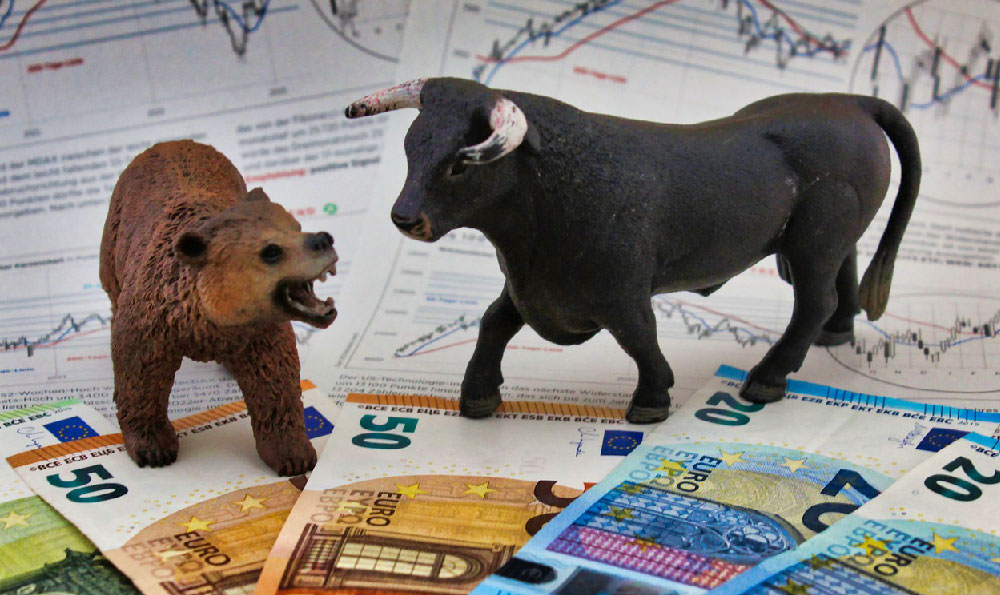How Did Bezos Get Rich? What's His Secret? - A Deep Dive into Amazon's Rise and Bezos' Wealth Creation
Jeff Bezos, the founder of Amazon, is a name synonymous with immense wealth and groundbreaking innovation. His journey from a Wall Street hedge fund analyst to one of the richest individuals in the world is a fascinating case study in entrepreneurship, strategic foresight, and relentless execution. While there's no single "secret" to his success, understanding the key principles that guided his decisions provides valuable insights for aspiring entrepreneurs and investors alike.
Customer Obsession: The Foundation of Amazon's Success

At the heart of Bezos's philosophy lies an unwavering commitment to customer obsession. This isn't merely about providing good customer service; it's about deeply understanding customer needs, anticipating future desires, and building a business model that revolves around exceeding expectations. From the very beginning, Amazon prioritized customer experience above all else, even if it meant sacrificing short-term profits. This long-term perspective allowed them to build a loyal customer base that fueled their growth.
Bezos famously implemented a "empty chair" policy in meetings, representing the most important person in the room – the customer. This constant reminder ensured that all decisions, from product development to marketing strategies, were made with the customer in mind. Amazon's relentless focus on convenience, selection, and competitive pricing solidified its position as the go-to online retailer.
Long-Term Vision and the Power of Compound Growth
Bezos is known for his long-term vision and his willingness to invest heavily in future growth, even if it means incurring losses in the short term. He understood the power of compound growth and recognized that consistent investment in innovation and expansion would ultimately yield significant returns.
This long-term perspective is evident in Amazon's numerous ventures, from cloud computing (Amazon Web Services) to artificial intelligence (Alexa) to space exploration (Blue Origin). These initiatives, while requiring substantial upfront investment, have the potential to generate significant revenue streams and solidify Amazon's dominance in various industries. Bezos wasn't afraid to fail; he viewed failures as opportunities to learn and iterate, ultimately leading to breakthroughs.
Innovation and Experimentation: Embracing Risk for Potential Rewards
Amazon's culture of innovation and experimentation is another crucial factor in its success. Bezos fostered an environment where employees were encouraged to take risks, explore new ideas, and challenge conventional wisdom. This willingness to experiment allowed Amazon to constantly evolve and adapt to changing market conditions.
The "two-pizza rule," which dictates that teams should be small enough to be fed with two pizzas, encouraged autonomy and agility within the company. This allowed teams to quickly develop and test new products and services, without being bogged down by bureaucracy. This culture of innovation has led to the creation of groundbreaking technologies and business models that have disrupted entire industries.
Operational Excellence and Scalability: Building a Robust Infrastructure
Beyond customer obsession and innovation, Bezos recognized the importance of operational excellence and scalability. He invested heavily in building a robust infrastructure, including state-of-the-art warehouses, efficient delivery networks, and sophisticated logistics systems. This allowed Amazon to handle the ever-increasing volume of orders and maintain its commitment to fast and reliable delivery.
Amazon's focus on operational efficiency is evident in its use of automation and robotics in its fulfillment centers. These technologies have significantly reduced costs and improved efficiency, allowing Amazon to offer competitive prices and maintain its edge over competitors.
The Virtuous Cycle: A Self-Reinforcing Ecosystem
All these factors contribute to what Bezos calls the "virtuous cycle." By focusing on customer experience, Amazon attracts more customers, which in turn allows them to lower prices, offer a wider selection, and invest in further innovation. This creates a self-reinforcing cycle that fuels growth and strengthens Amazon's competitive advantage.
The expansion into diverse business areas like AWS and advertising further solidified this virtuous cycle. AWS provides the infrastructure that powers a significant portion of the internet, generating substantial revenue and enabling Amazon to invest in other ventures. The advertising business leverages Amazon's vast customer data to provide targeted advertising, generating another lucrative revenue stream.
Key Takeaways and Lessons Learned
While duplicating Bezos's success is undoubtedly challenging, understanding the principles that guided his journey offers valuable lessons for aspiring entrepreneurs and investors:
- Prioritize the Customer: Always put the customer first and strive to exceed their expectations.
- Think Long-Term: Focus on long-term growth and don't be afraid to invest in future opportunities.
- Embrace Innovation: Foster a culture of innovation and experimentation, and be willing to take risks.
- Build a Robust Infrastructure: Invest in operational excellence and scalability to support your growth.
- Understand Compound Growth: Appreciate the power of consistent investment and the long-term benefits of compounding.
Bezos's success is a testament to the power of strategic vision, relentless execution, and an unwavering commitment to customer obsession. While the path to wealth creation is complex and multifaceted, understanding these core principles provides a solid foundation for building a successful business and achieving financial prosperity. His "secret" isn't really a secret at all, but rather a dedication to these principles combined with relentless hard work and a willingness to learn and adapt.












